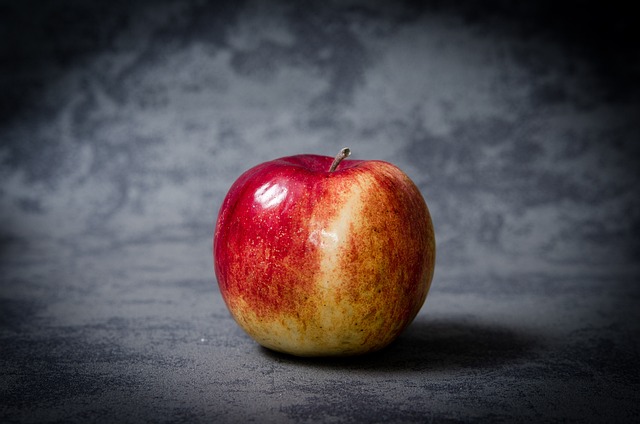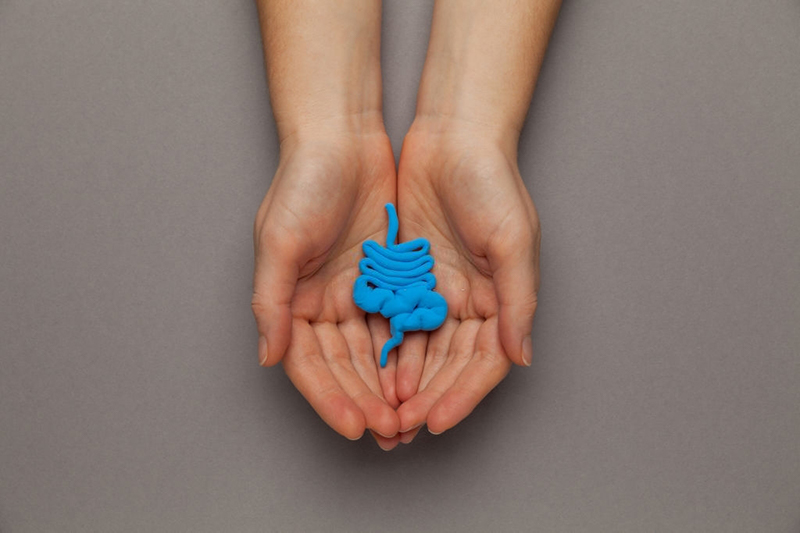Breaking it Down: How Probiotics Help Digestion
Good digestion is a key factor in overall health and well-being. The process of digestion breaks down food into nutrients that our bodies need to function properly. Unfortunately, many factors can interfere with digestion, leading to discomfort and other digestive issues. This is where probiotics come in.
What Are Probiotics?
Probiotics are live microorganisms that are beneficial for our health, particularly our digestive system. These microorganisms are similar to the “good” bacteria that naturally occur in our gut. Probiotics can be found in a variety of foods, including yogurt, kefir, sauerkraut, kimchi, and other fermented foods. They can also be taken in supplement form.
Despite their small size, probiotics play a vital role in our digestive system. They help to balance the “good” and “bad” bacteria in our gut, aiding digestion in several ways.
How Do Probiotics Aid Digestion?
Here are a few of the ways that probiotics can help to improve digestion:
1) Breaking Down Food
Probiotics produce enzymes that help to break down food in the gut. This makes it easier for our bodies to absorb nutrients and can alleviate some of the discomfort that can occur after eating.
2) Reducing Inflammation
Inflammation can interfere with digestion, causing discomfort and other symptoms. Probiotics can help to reduce inflammation in the gut, promoting a healthier digestive system.
3) Balancing Bacteria
The bacteria in our gut play a critical role in digestion. When there is an imbalance of “good” and “bad” bacteria, it can lead to digestive issues. Probiotics help to balance the bacteria in our gut, promoting a healthier digestive system.
4) Improving Bowel Regularity
For many people, irregular bowel movements are a major discomfort. Probiotics can help to regulate bowel movements, making it easier to go to the bathroom regularly.
How to Get More Probiotics
If you’re interested in improving your digestion with probiotics, there are several things you can do to get more of these beneficial microorganisms. Here are a few tips:
1) Eat Fermented Foods
Fermented foods, like yogurt, kefir, sauerkraut, and kimchi, are naturally rich in probiotics. Adding these foods to your diet can help to increase the amount of “good” bacteria in your gut.
2) Take Probiotic Supplements
If you’re not a fan of fermented foods, you can also take probiotic supplements. These supplements typically contain a variety of strains of probiotics and can be found at most health food stores.
3) Consider Prebiotic Foods
Prebiotic foods are high in fiber and help to feed the “good” bacteria in our gut. Foods like bananas, whole grains, and onions are all good sources of prebiotics.
Conclusion
If you struggle with digestive issues, probiotics may be able to help. These beneficial microorganisms can aid digestion in several ways, from breaking down food to reducing inflammation.
By adding more fermented foods to your diet or taking probiotic supplements, you can improve the balance of bacteria in your gut, promoting a healthier digestive system. Consider trying some of the tips listed above to see if probiotics can help you achieve better digestion.







